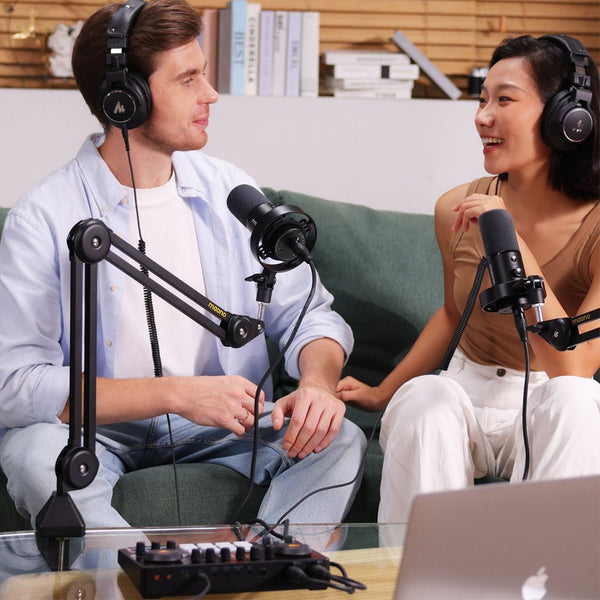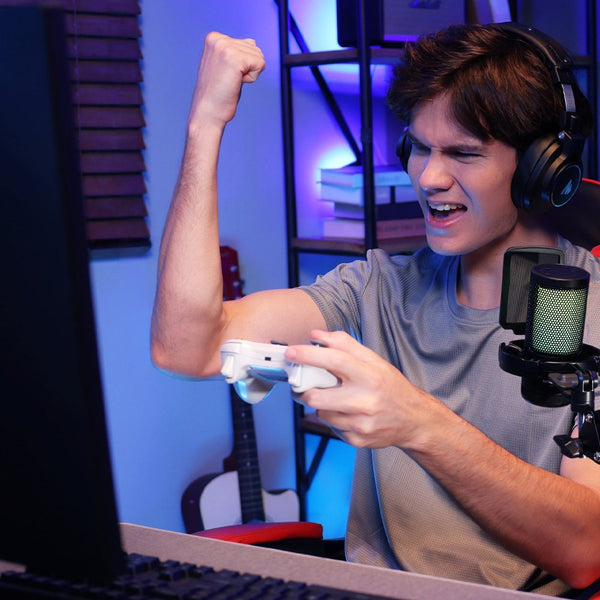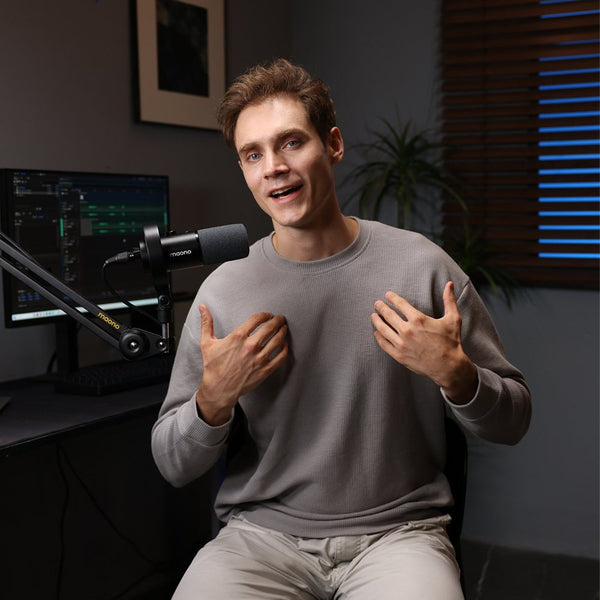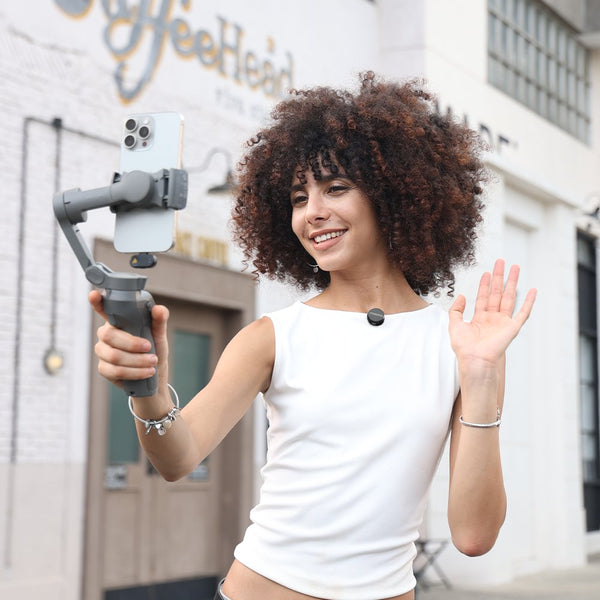We know that getting 7 to 8 hours of sleep a day is important, and so is regular exercise for our overall health. But which is more important—especially for people juggling multiple responsibilities? Think of someone who starts the day as a parent, then becomes a boss at work later, or a freelancer managing side hustles. Sometimes, it feels nearly impossible to squeeze in time for self-care, whether it’s going to the gym or getting enough rest.
In so doing, this guide aims to answer common questions from fitness enthusiasts and those seeking weight loss, focusing on how to balance sleep and workout time. So, keep reading!
In the pursuit of better health, weight loss, and fitness, the conversation often revolves around diet and exercise. However, sleep plays a surprisingly crucial role in this equation. Which raises the question: Which is more important for weight loss and overall health—sleep or exercise? The answer isn't black and white. Both are vital pillars of wellness, but understanding how they interact helps you make smarter choices when juggling a busy schedule.
In this article, we’ll dive into how sleep and exercise complement each other, their impact on health, and how to find the right balance to optimize performance, recovery, mental health, and weight management. We'll also explore practical tips for fitness content creators, including a recommendation for the Maono Wave T5 wireless microphone, ideal for vlogging and creating health-focused content on the move.

Can Good Sleep Improve Workout Performance?
Absolutely. Getting quality sleep improves focus, strength, stamina, and muscle coordination. During sleep—especially deep sleep—the body repairs tissues and balances hormones essential for athletic performance. A lack of sleep reduces reaction time, impairs judgment, and can even make you more susceptible to injury.
If you’re lifting weights, training for endurance, or engaging in high-intensity interval training (HIIT), sleep becomes your recovery period. Sleep fuels your workouts just as much as nutrition does.
How Many Hours of Sleep Do Fitness Enthusiasts Really Need?
For most adults, 7–9 hours of sleep per night is optimal. But for those actively training or pursuing intense workout routines, closer to 8–10 hours may be more beneficial. Athletes like LeBron James and Roger Federer are known to prioritize extended sleep, often clocking in 10–12 hours per night.
Why so much? The extra rest supports muscle repair, immune system function, and mental recovery—essentials when you're pushing your body to perform at its best.
Does Exercising Late at Night Affect Sleep Quality?
Yes and no. It depends on the intensity of the exercise and the individual. Vigorous workouts close to bedtime can spike cortisol levels and increase heart rate, which may delay sleep onset in sensitive individuals. However, light to moderate exercise in the evening, such as yoga, stretching, or a walk, can actually promote better sleep.
The key is to listen to your body. If you're struggling to fall asleep after late-night gym sessions, consider moving workouts earlier in the day or reducing intensity in the evening.
What Happens to Muscle Recovery if You Don’t Sleep Enough?
Sleep deprivation severely affects muscle recovery. During deep sleep, the body releases growth hormone, which helps repair and rebuild muscle tissues. Without enough rest, recovery slows, and inflammation increases. This can lead to poor performance, soreness, and higher risk of injury.
Moreover, sleep loss impairs protein synthesis, meaning your muscles can't rebuild effectively—even if you follow a strict post-workout nutrition plan.
Should I Skip a Workout to Catch Up on Sleep?
If you're consistently sleep-deprived, skipping one workout to prioritize sleep may be the smarter decision. Poor sleep reduces workout effectiveness and increases cortisol, which can hinder fat loss and muscle gains. In such cases, consider lighter activities like walking or stretching instead of skipping movement altogether.
Think of sleep as a non-negotiable part of your fitness plan. Without it, even the best exercise routine can't produce optimal results.
Can Exercise Help Fix Sleep Disorders Like Insomnia?
Yes, regular physical activity has been shown to improve sleep quality and help manage sleep disorders like insomnia. Exercise helps regulate your circadian rhythm, reduces stress, and promotes deeper, more restorative sleep.
However, results may take time. The best effects often come from consistent, moderate-intensity exercise. Avoid overtraining or high-intensity workouts too close to bedtime, especially if you're already dealing with insomnia.
What’s Better for Stress: Working Out or Getting More Rest?
Both sleep and exercise are excellent stress relievers—but they serve different purposes.
-
Exercise stimulates endorphin release, which boosts mood and reduces feelings of anxiety.
-
Sleep helps regulate cortisol (the stress hormone) and supports emotional regulation.
Ideally, incorporate both into your routine. If stress is keeping you up at night, a combination of physical activity and improved sleep hygiene will be more effective than relying on either alone.
How Does Sleep Affect Hormone Levels Important for Fitness?
Sleep directly impacts key hormones that influence muscle growth, fat storage, and recovery:
-
Cortisol: Poor sleep increases cortisol, leading to fat retention and muscle breakdown.
-
Testosterone: Deep sleep boosts testosterone production, essential for muscle development in both men and women.
-
Growth Hormone: Released during deep sleep, crucial for recovery and fat metabolism.
-
Leptin and Ghrelin: These hormones regulate hunger; lack of sleep raises ghrelin (hunger hormone) and lowers leptin (satiety hormone), increasing cravings.
Simply put, sleep and hormone balance go hand in hand—and your fitness goals depend on that balance.
What’s the Ideal Balance Between Sleep and Exercise for Optimal Health?
The sweet spot is consistency and balance. Strive for:
-
7–9 hours of sleep per night
-
150 minutes of moderate exercise per week, or 75 minutes of vigorous activity
-
Listen to your body—if you're feeling sluggish, it may be time to rest more and reduce training intensity.
Quality is as important as quantity. Getting poor sleep every night or training too hard without rest will undermine your progress. Health is about synergy—not sacrifice.
Frequently Asked Questions:
How do I use a wireless mic for workout vlogging without it falling off?
Use a clip-on mic like the Maono Wave T5, one of the best professional wireless lavalier microphone options for active creators. It features a secure clip and lightweight build, perfect for high-movement activities like fitness tutorials or outdoor runs.
Can a wireless lav mic work well in a noisy gym?
Yes—especially one like the Maono Wave T5 wireless microphone, which offers built-in noise reduction. This best wireless collar mic filters out ambient gym noise so your voice remains crisp, even in crowded spaces.
How do I reduce wind or movement noise in my fitness vlogs?
Try the following:
-
Use a windproof or foam windscreen or a deadcat muff.
-
Clip the mic close to your mouth (but not on loose fabric).
-
Use external audio editing tools to clean up residual background noise.
The Maono Wave T5, available on microphone Amazon wireless listings, includes accessories like wind muffs, making it ideal for creators who film outdoors or on the move. You can also check this out and other reliable wireless microphone options on Maono official website.
What’s the best wireless microphone for filming fitness content?

The Maono Wave T5 stands out as the best wireless lapel microphone system for fitness creators. Here's why:
-
Dual-channel system
Record interviews, demonstrations, or duo workouts with two mics.
-
Compact charging case
Portable and keeps your gear powered while you're on the move.
-
Compatibility
USB-C, TRRS, and Lightning connectivity, making it compatible with phones, cameras, and laptops.
-
Long battery life (up to 9 hours)
Perfect for extended vlogging or multiple takes.
-
Noise cancellation
Built-in intelligent noise reduction ensures clear vocals, even in busy environments.
-
Lightweight and wearable
Designed to stay in place while you move, jump, stretch, or sprint.
Whether you're filming reps at the gym or tracking your transformation journey at home, this mic setup is one of the best wireless lapel solutions available today.

Conclusion
When it comes to sleep vs. exercise, both are essential—there’s no definitive winner. Instead, think of them as partners in your health journey. Exercise strengthens your body and boosts mental clarity, while sleep repairs your system, balances hormones, and supports recovery.
Skipping sleep for another gym session may feel productive, but it could work against you long-term. Likewise, sleeping all day without physical activity limits your health gains. Find your balance, listen to your body, and give equal respect to rest and movement.
And if you're sharing that journey online—through fitness vlogs, tutorials, or social media content—tools like the Maono Wave T5 wireless microphone can help you create confidently and clearly, whether you’re at the gym, in the park, or on your living room floor.
Prioritize both sleep and exercise—because your best self is built in the gym and recovered in bed.



